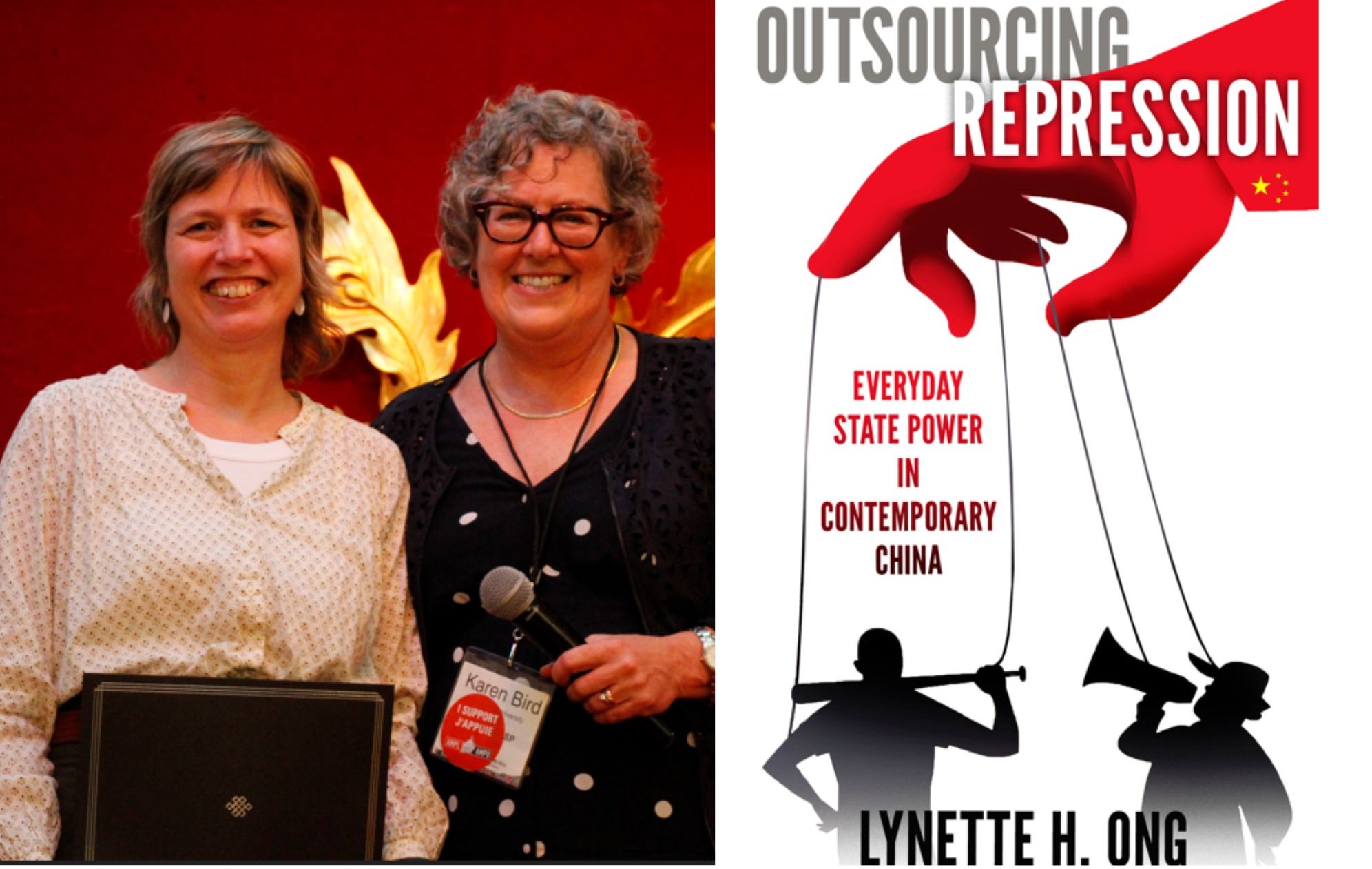2024 CPSA Prize in Comparative Politics

Co-winners:
Kimberley Ens Manning: The Party Family: Revolutionary Attachments and the Gendered Origins of State Power in China
Excerpt from jury report: The Party Family provides insights into how gendered social ties play a key role in state formation, and in this case shaped the state in the People’s Republic of China. Through the concept of attachment politics, the book shows the centrality of gendered social ties in the family to state building, governance and social mobilization. The author accomplished this through the exploration of life histories, individual memories, and extensive fieldwork of more than a decade and historical work before and after the 1949 Chinese civil war. In the field of Chinese studies, the book offers a ground-breaking understanding of the first decades of the PRC through the lens of gendered relations and a deep analysis of family ties to examine the everyday forms of state formation in late twentieth century China. The book also provides insightful analytical tools for the general study of comparative politics through a historical and gendered perspective that acknowledges local and global connections.
Lynette H. Ong: Outsourcing Repression: Everyday State Power in Contemporary China
Excerpt from jury report: Outsourcing Repression uses the lens of China’s urbanization scheme to study how coercion and control are maintained, and backlash minimized, in an authoritarian regime. The book offers detailed empirical analysis of how the state outsources repression via “thugs for hire” and “social brokers.” The author draws together almost a decade of ethnographic research in both rural and urban areas of China, an original media-sourced event dataset of forced land-taking and demolition, plus content analysis of government regulations, and embeds her analysis in a research design that captures temporal and regional variations in state repressive actions and the ensuing conflicts. In addition, the book contextualizes the experience of China with comparative case studies of South Korea and India to elucidate scope conditions of her findings. The study makes a persuasive case and represents an excellent example of how comparative politics research should be carried out. Students of authoritarianism, state power and state-society linkages, and comparative politics generally will learn much from reading this book.
